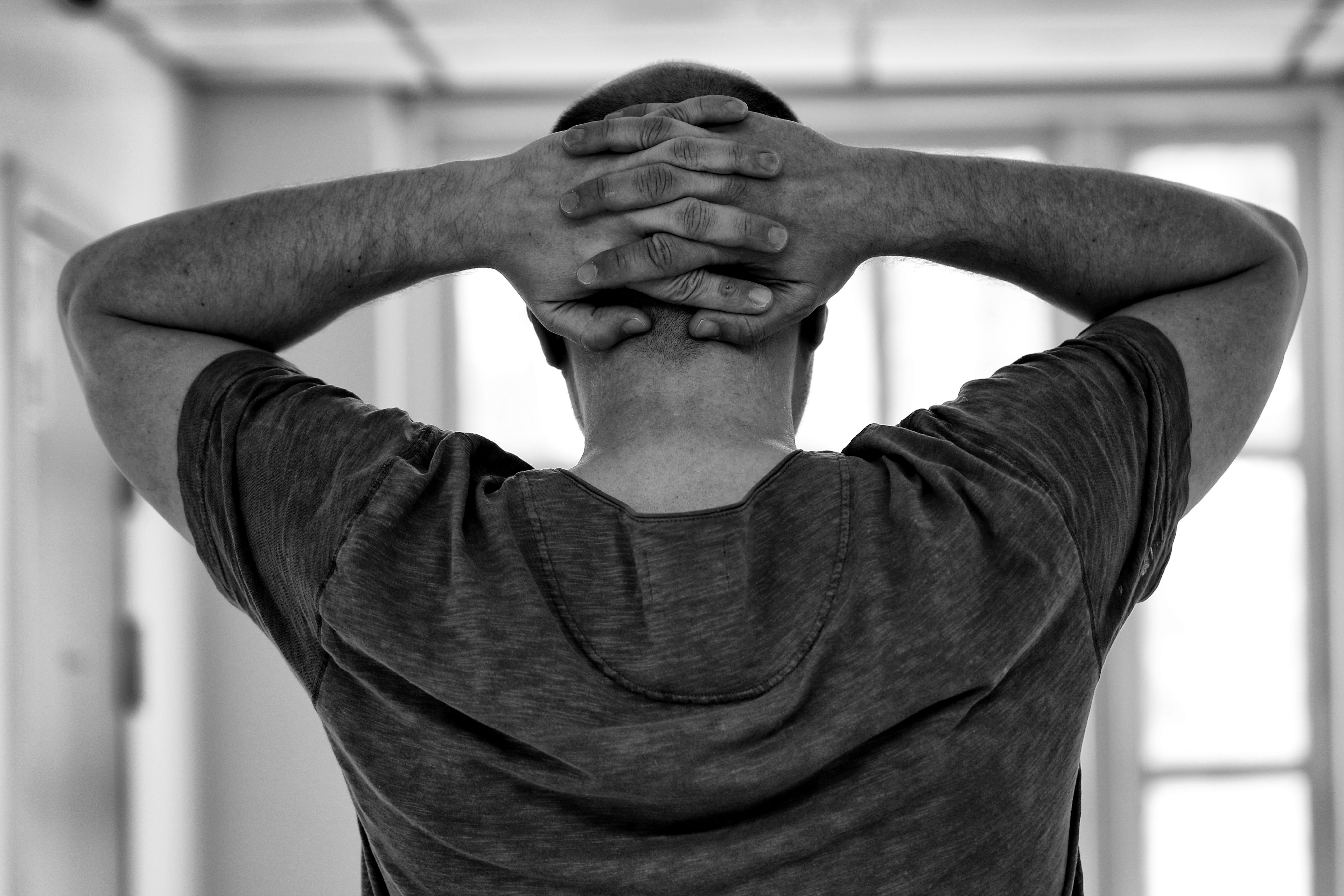You do not have to hit your head to have a brain injury
Many people think brain injuries are only caused by a blow to the head or the result of a bad fall.
But brain injuries can also be caused by a severe jolting-like force or a rapid shaking. Mild Traumatic Brain Injury (MTBI), a less severe type of brain injury, and is usually caused by a jolting-like force; such as the forces reproduced by car accidents. This jolting like force is typically associated with Whiplash injuries. Whiplash not only can cause neck injuries, back injuries, headaches and shoulder injuries but also brain injuries.

The jolting-like forces reproduced in a whiplash injury can cause the brain to move or shake inside the skull.
The brain can shake back and forth inside the skull in the same manner as an egg yolk moves when you shake an egg. Movement of the brain causes shearing forces inside the skull resulting in micro tearing of axons.
More severe forms of traumatic brain injury are usually diagnosed and treated immediately.
The symptoms of moderate and severe traumatic brain injury are more blatant. These more severe injuries can result in paralysis, vomiting, convulsions, seizures, loss of consciousness, loss of vision, changes in hearing, changes in eye sight or speech impediments. Unfortunately, MTBI injury is hard to detect, usually higher-level brain function is only revealed.
Rest and changes in physical activity are usually recommended when a person experiences a MTBI. A person can risk further complications and more injury if they do not rest and allow for appropriate healing. Multiple brain injuries can have compounding effect so it is important to rest and avoid re-injury, especially after a recent injury.
Mild traumatic brain injury, MTBI, is a less severe form of traumatic brain injury.
MTBI results from trauma, such as a car accident and is the “… physiological disruption of brain function.” Patient experience at least one of the following symptoms. [1]
- Brief loss of consciousness
- Brief memory loss
- Mood changes, ie. Anxiety, depression, anger, and apathy.
- Confusion
- Disorientation
- Dazed
- Neurological deficit such as but not limited to: loss of balance, difficulty speaking, abnormal reflexes, decreased sensation, vision changes, walking problems, weakness and decreased mental function.
Please see a health care provider if you experience or anyone who has suffers from the following:
Headache, forgetfulness, dizziness, confusion, cognitive impairment, mood swings, sluggishness, disorientation, confusion, visual disturbances.
1.Definition of mild
traumatic brain injury
Developed by the Mild Traumatic Brain Injury Committee of the Head
Injury Interdisciplinary Special Interest Group of the American Congress
of Rehabilitation Medicine
J Head
